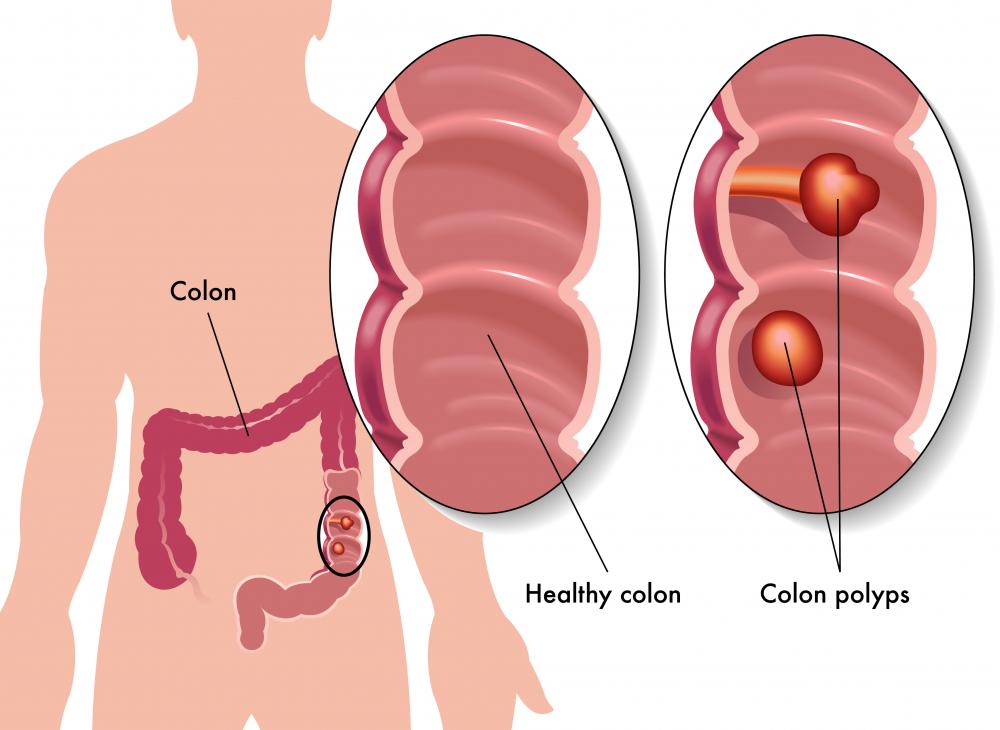At WiseGEEK, we're committed to delivering accurate, trustworthy information. Our expert-authored content is rigorously fact-checked and sourced from credible authorities. Discover how we uphold the highest standards in providing you with reliable knowledge.
What is Ferritin?
Ferritin is a protein found in most organisms, that serves as a storage agent for iron. Its levels are frequently measured as part of a series of blood tests to determine a person’s iron levels. Most of the human body’s iron stores are in ferritin.
Without adequate iron, the red blood cells do not carry enough oxygen because they lack hemoglobin. Hemoglobin requires iron to transport oxygen from the lungs to the rest of the body. A lack of red blood cells or a deficiency in hemoglobin is known as anemia. Having iron unbound is toxic, so the rest of it is bound to ferritin and found within the bone marrow, liver, skeletal muscles, and spleen. Some is carried in the blood, and this ferritin serum level correlates with the body’s total iron stores.

One should not take any iron supplements for 12 hours or Vitamin B12 supplements for 48 hours before having blood drawn for a ferritin blood test. Also, it is best to have the blood drawn in the morning, since iron levels change throughout the day. They are highest soon after waking.
A normal range for females is 12-150 nanograms per milliliter (ng/mL) and between 12-300 ng/mL for males. If the level is low, even within the normal range, it is likely that the person does not have enough iron. To measure iron-deficiency anemia — a common reason for low ferritin levels — this is the most sensitive blood test.

Other reasons for low levels can include chronic bleeding, such as heavy menstrual periods or bleeding from the intestinal tract. This can be due to ulcers, colon polyps or cancer, or hemorrhoids. A more simple reason can be having a diet that lacks an adequate amount of iron.
All of the body’s iron is obtained from food. Good sources include meat, fish, eggs, and leafy green vegetables. A person needs more iron after they have been bleeding — or during adolescence, pregnancy, or breast-feeding. Healthy men rarely suffer from diet-induced iron-deficiency anemia.
High ferritin levels can be due to any inflammatory disease. They can also be due to liver diseases, such as hepatitis or cirrhosis, or infection, leukemia, or Hodgkin’s disease. A diet with too much iron can also cause this condition, as can overuse of iron supplements.
Very high levels, such as 1,000 ng/mL or more, can indicate hemachromatosis. In this condition, a person has a large amount of iron stored in the body. It can be genetic or due to certain types of anemia that destroy red blood cells. Thalassemia and alcoholism are other diseases that can result in this condition. Frequent blood transfusions can also cause it.
One way to alleviate hemachromatosis is to have blood drawn. This will reduce the iron levels. There are also medicines to help purge extra iron.
AS FEATURED ON:
AS FEATURED ON:












Discuss this Article
Post your comments